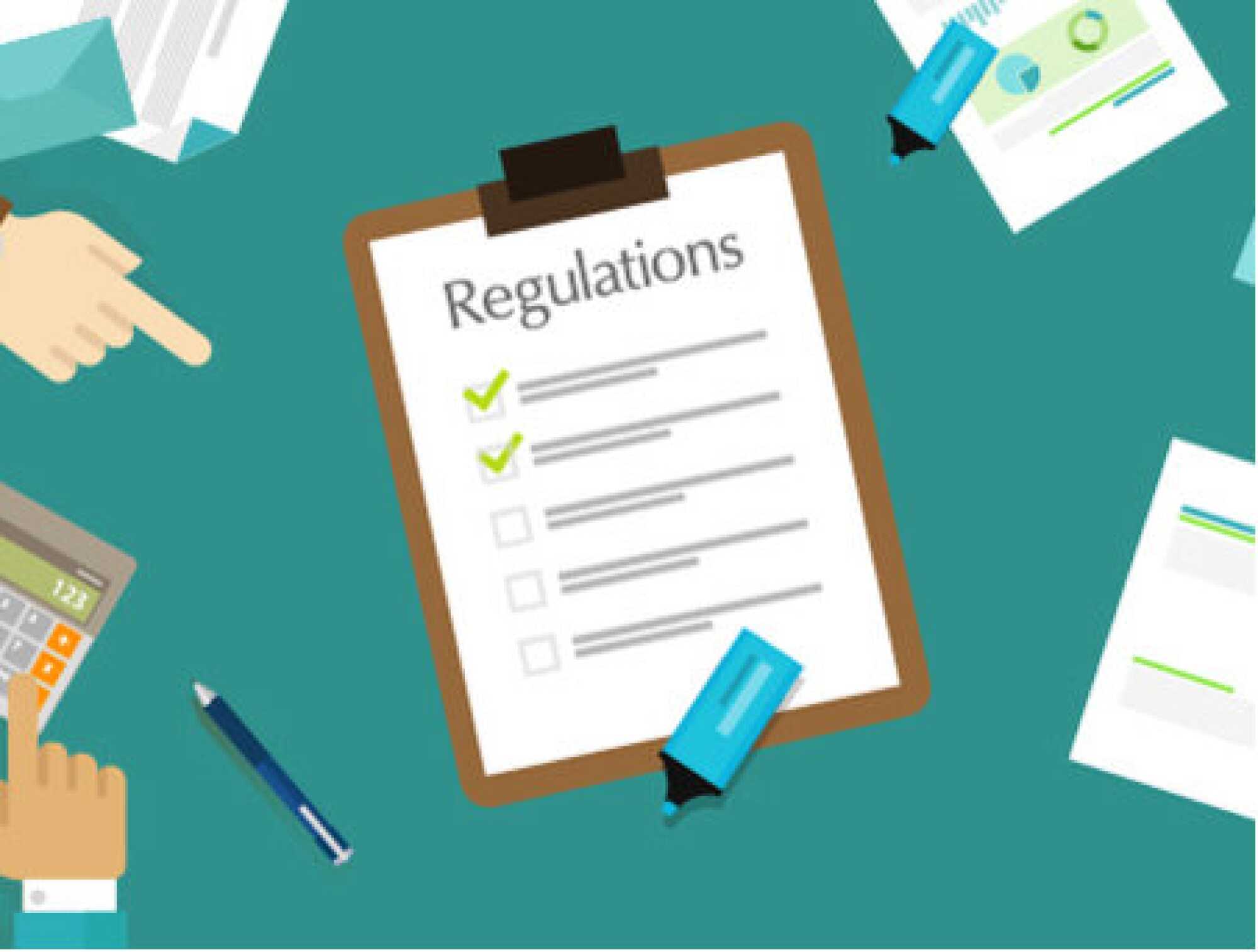New Regulations for Recognised Tenants’ Associations
4th April 2019
Get in touch today
Call 01435 897297
Email info@kdllaw.com
4th April 2019

New regulations have been issued by the Government concerning the criteria required in order for Tenants’ Associations to become formally recognised. These regulations are called The Tenants’ Associations (Provisions Relating to Recognition and Provision of Information) (England) Regulations 2018 and have been in force since 01 November 2018.
What is a Tenants’ Association?
A Tenants’ Association is formed where a majority of the members of a development have come together and formed a group of individuals who seek to act on behalf of all members of the development. The members can be involved in a number of issues relating to their common interests, including service charges. A Tenants’ Association is only able to do this if it is formally recognised, either voluntarily and in writing from the Landlord or by a successful application to the First-Tier Tribunal (Property Chamber) (FTT).
The Provisions for a Tenants’ Association to be Formally Recognised
As we have already alluded to above, a Tenants’ Association can become recognised in one of two ways. The first, easiest and fastest way would be to obtain formal recognition in writing from the Landlord. However, in practice, this may not always be possible and the Tenants’ Association may have to apply to the FTT for recognition.
The Association must satisfy certain factors before they will be formally recognised as a Tenants’ Association and provide a Certificate of Recognition by the FTT.
The FTT must consider how diverse and representative a Tenants’ Association is of its members and their interests. The FTT must also consider whether the Association operates in an open and transparent way to all of its members.
Not less than 50% of the tenants in a development are required to form a Recognised Tenants’ Association (RTA). The 50% must be ‘Qualifying Tenants’, in other words, tenants who are subject to and are paying their service charges. Historically the threshold was for at least 60% of the tenants in a leasehold development. This percentage was reduced due to it being considered a significant obstacle for tenants to overcome in their attempts to form an RTA.
A mechanism has also been introduced to enable an RTA to obtain the information about other Qualifying Tenants who are not currently part of the Association. This can be done by a secretary of the RTA submitting a request to the Landlord for information about Qualifying Tenants to help increase Association membership. This mechanism places an emphasis on Landlords to cooperate.
The Landlord must acknowledge receipt of the notice in writing within seven days of receipt. The Landlord must then write to each Qualifying Tenant with an information form for them to complete and return within 28 days of receipt of the request for information. The Landlord then has four months in which to respond to the RTA and provide the information requested and/or notify the RTA if any Qualifying Tenant failed to consent or respond to the Landlord. If the Landlord fails to respond within the four months as they are so required, the RTA can make an application to the Tribunal for an order requiring that the Landlord respond to the RTA with the requested information.
These updated and new requirements to form an RTA are important to be aware of, most notably the requirements placed on Landlords to respond to information requests from an RTA.
If you have any questions relating to the above or require advice, then please do not hesitate to contact us and we will be happy to help.
Disclaimer
This legal update is provided free of charge for information purposes only; it does not constitute legal advice and should not be relied on as such. No responsibility for the accuracy and/or correctness of the information and commentary set out in the article, or for any consequences of relying on it, is assumed or accepted by any member of KDL Law or by KDL Law as a whole.
If you have received this update in error or wish to unsubscribe from future updates then please email us at info@kdllaw.com.
Sign up to receive FREE regular Legal Updates by email